If you've been playing attention to baseball this winter (and even if you haven't), you've likely heard about the Houston Astros scandal. People talking about sign stealing, banging on trash cans, and secret buzzers. Managers getting fired. Players apologizing. Other players getting angry. Some getting very, very angry.
With spring training (Major League Baseball's preseason warm-up) just underway, we thought it would be a good idea to break down what we know so far about this scandal. And where the sport goes from here.
What are signs in baseball?
"You can't see my sign!" A catcher displays signs between his legs to avoid detection. (Getty Embed)
In baseball, players and coaches are often far apart and walking over to talk about strategy isn't always possible. Signs are coded hand gestures that are used to send messages to each other.
It's especially common between a pitcher and a catcher while working together to secretly choose pitches so they can surprise the opposing hitter. Before every single pitch, the catcher flashes a sign quickly between his legs (where the hitter can't see them). Based on this, the pitcher might throw a fastball, curveball, breaking ball, change-up ... the hitter never knows what's coming.
But what if the other team could steal those signs.
What is sign stealing?
Sign stealing is the term for decoding an opponent's sign and relaying that information to a teammate.
Some sign stealing is legal — and even an important skill — in baseball. The most common example is when a base runner is on second base. Because that player stands behind the pitcher, he can therefore also see the catcher's signs. By then quickly relaying his own signs to his teammate who is hitting, that hitter might get a small advantage.
This type of sign stealing is considered part of the drama of good baseball. Players on the field doing what they can to outwit the opposition.
What are the Astros accused of?
From 2017 to 2019, however, the Astros used cameras in their home baseball park to steal signs. This is not considered good baseball. At all. This is cheating.
Both video and audio evidence, as well as testimony from former Astros, has proved that the team used a high-powered camera in center field to read the opposing team's signs. The camera was hooked up to a video screen behind the Astros' dugout where scouts worked to decode the opponent's signs. They would then bang a signal out on a trash can to indicate what pitch was coming next.
Why is this such a big deal (part 1)?
The World Series title was a big deal to Houston. (Getty Embed)
Cheating is a problem any time. But it's especially troubling when a team that cheats does well. And in 2017, the Houston Astros did very well, winning their franchise's first-ever World Series. They would also reach the playoffs the next two seasons, including barely losing the 2019 World Series in seven games to Washington.
At the time, the 2017 victory was seen as a really uplifting win, and not just for baseball reasons, either. Only a couple months earlier, much of Houston had been flooded by the devastating power of Hurricane Harvey. The city deserved something to celebrate and the Astros delivered.
This feeling changes knowing that the whole team was cheating.
Why is this such a big deal (part 2)?
That's the other issue here. Everyone was in on the scheme. Most of baseball (and sports) big scandals involve a single player doing something against the rules to gain an advantage. That player is then suspended or banned from the sport and the rest of the team has to learn to cope.
But when a whole team is involved — such as the illegal doping activities of the Russian Olympic teams — it's a lot harder to just move on. Do you ban the whole team? If so, for how long? And what happens to the people who work for that franchise and at the stadium if baseball goes away for a year? It's a very complex problem.
What happened to everyone?
Players like Jose Altive have apologized. Is that enough? (Getty Embed)
In the end, MLB commissioner (a.k.a. head honcho) Rob Manfred fined the Astros $5 million. And three managers (coaches) lost their jobs: Astros manager A.J. Hinch, former Astros and current Red Sox manager, Alex Cora, and former Astros player and current New York Mets manager, Carlos Beltran.
But, the Astros as a team were not banned. The players and team owner delivered various apologies, saying that they want to regain everyone's trust and prove themselves.
"I'm not going to say to you that it was good — it was wrong," said Jose Altuve, who won the 2017 AL MVP award. "We feel bad, we feel remorse, like I said, the impact on the fans, the impact on the game — we feel bad."
Why are people so angry?
Should this come down? (Getty Embed)
So managers were fired. The team has to pay a big fine. The players have apologized. Why are players on other teams and fans still angry?
People who are still upset about this feel that the league could do a lot more to punish the Astros. Even if they didn't ban the whole team, they could have taken away the World Series title. After all, baseball has come down hard on rule-breakers before.
Either way, the Astros appear to be in for a rough ride this year. They'll likely be booed mercilessly in every opposing stadium they enter. And the shame of being a part of this will follow some of these players for their entire careers and beyond. Is that punishment enough? We're about to find out.
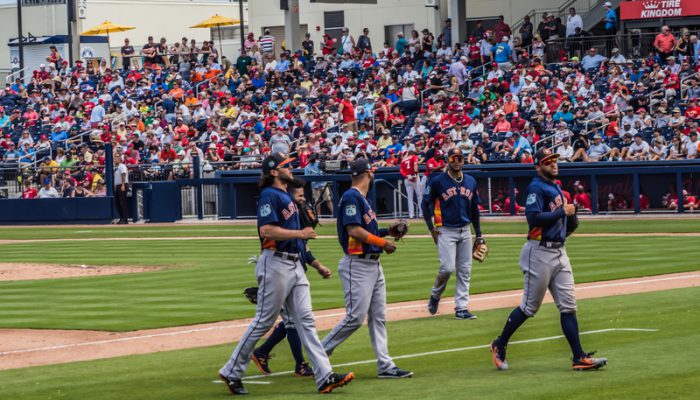 The Houston Astros at spring training in 2017. (© Jai Mo - Dreamstime.com)
The Houston Astros at spring training in 2017. (© Jai Mo - Dreamstime.com)

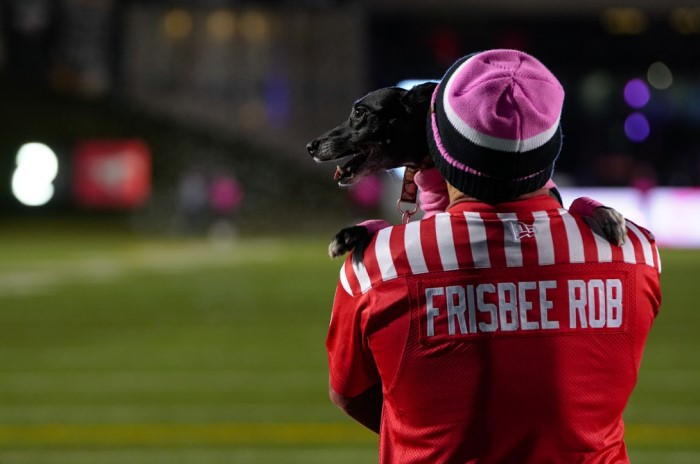
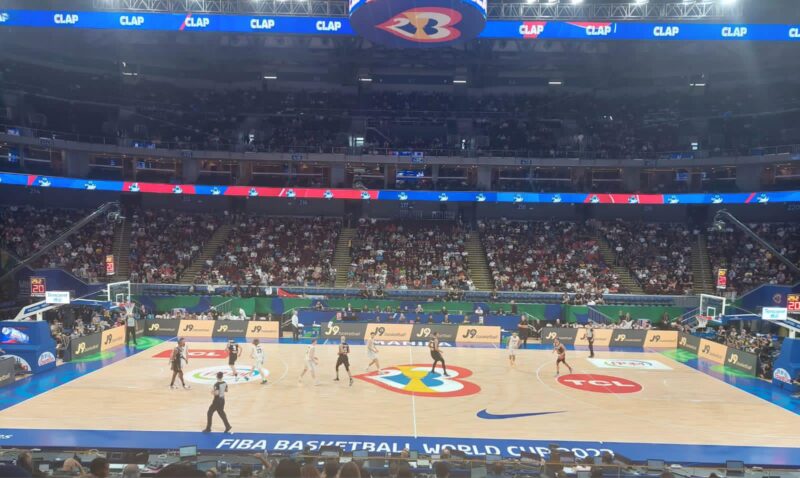
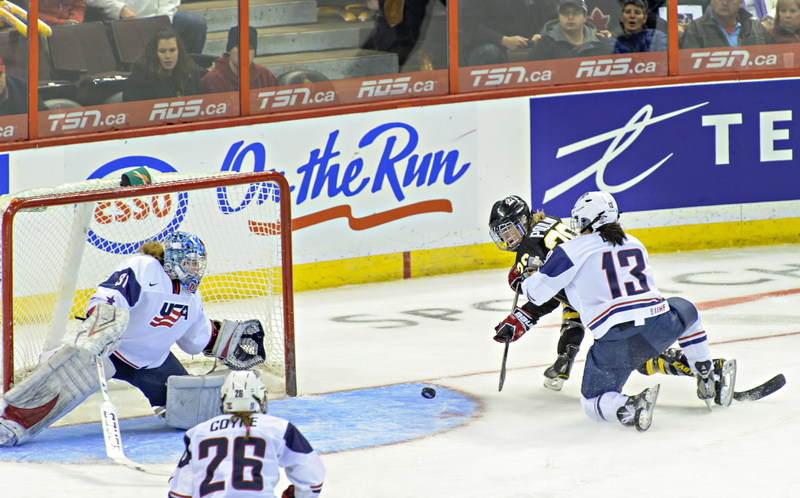
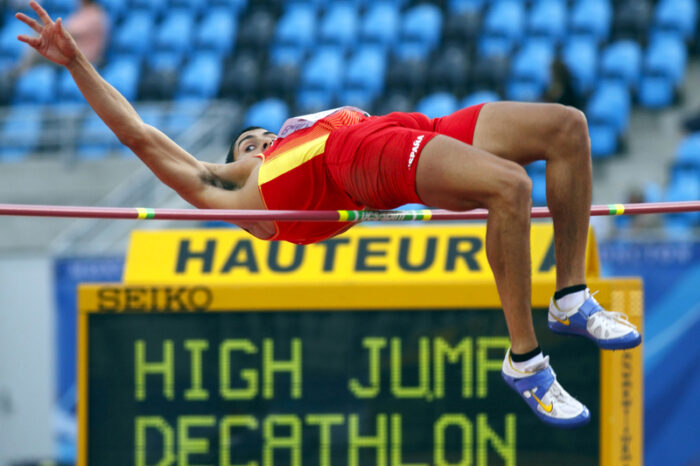

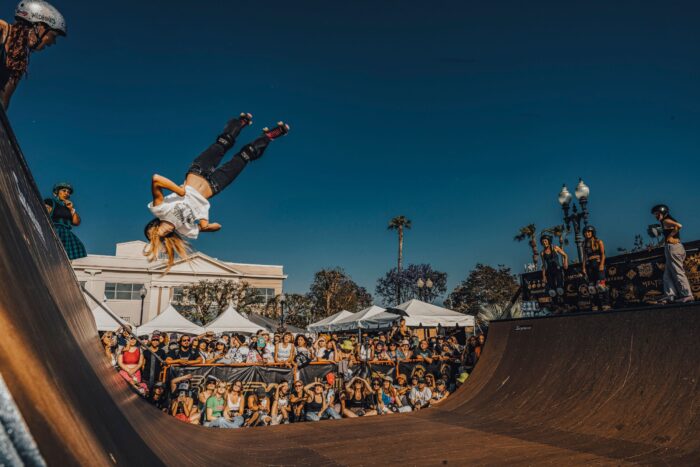


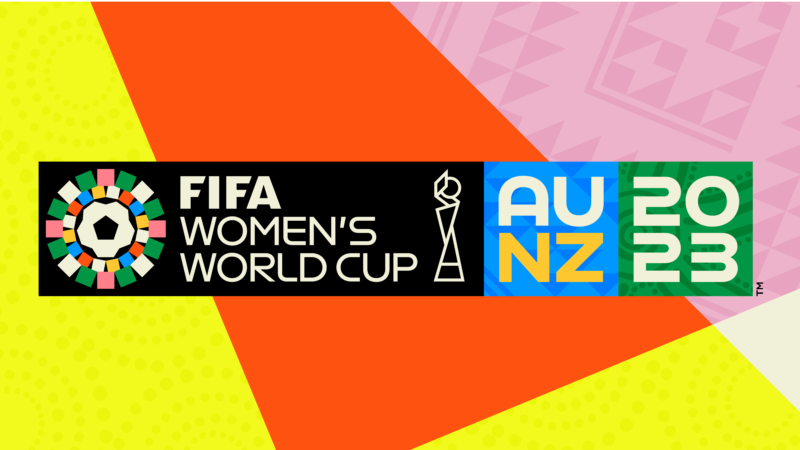
😉 😉 😉 😉 😉 😀 😆 🙄 😳 the is i good